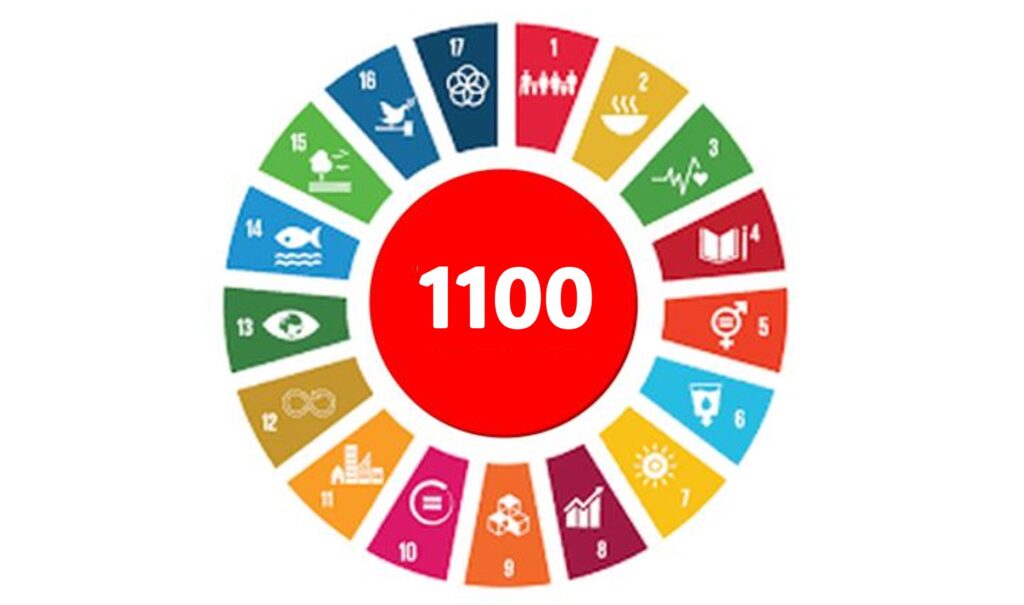
50% of Bergensia’s readers are from the USA, followed by Norway and the UK, both at nearly 10%, Canada at 5%, Australia at 3%, and both India and Sweden at 2% each are also coming strong [The Times of India is the largest selling English-language daily in the world]. Holland and France are above 1%, and China, Ireland, Germany, and Spain are following tight. Africa is the continent with the least readers; in Africa, South Africa has the most readers.
60% of the traffic is organic from Google from each of the more than 1100 articles, about 20% direct hits from returning readers, and the rest from social media referrals from Facebook 13%, Twitter 3%, LinkedIn 1%, Reddit, Pinterest, and Instagram. The more than 1100 articles contain more words than four American Bibles [the American Bible consists of about 800,000 words, Bergensia now contains more than 3,500,000 words]
and growing by the day…
For advertorials at Bergensia.
Bergensia will publish a book based on its content in more than 1000 articles – the book is called
“No Planet B,” and you can preorder it or read the different chapters of the book as it develops here.
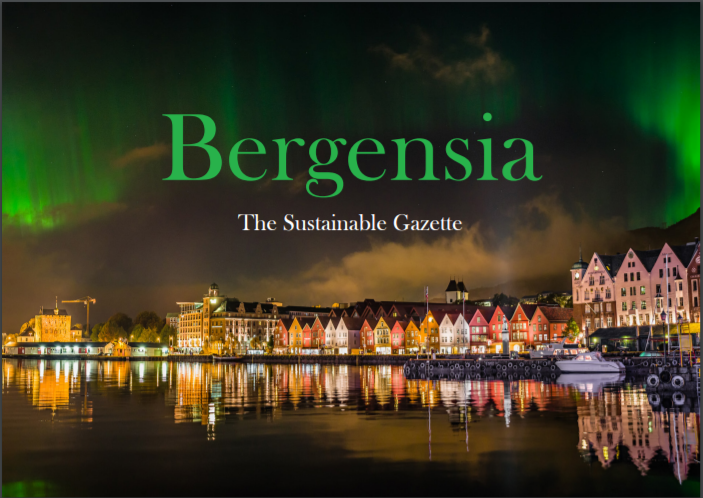
sustainability-concerned wannabe chief editor with zero funding and no deep pockets.”
We are the first generation that can end poverty, the last that can end climate change.
UN Secretary-General Ban Ki-moon (2007-16)
United Nations Global Goals for Sustainable Development is the most significant assignment of our time.
This is what envisioned me to start Bergensia back on November 17. 2016.
Bergensia pushes and inspires leaders, businesses, and organizations to innovate and realign their strategy and purpose toward the Sustainable Development Goals.
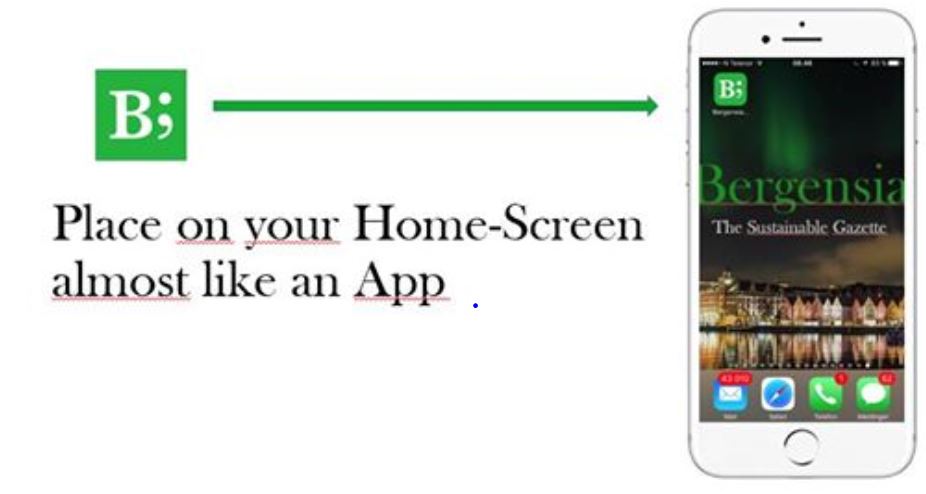
Sustainable Development
Gro Harlem Brundtland first used the appealing phrase in what is later known as the Brundtland Report, Our Common Future; World Commission on Environment and Development 1987.
“Sustainable development is the development that meets the needs of the present without compromising the ability of future generations to meet their own needs. It contains two key concepts:
- The concept of needs, in particular, the essential needs of the world’s poor, to which overriding priority should be given; and
- The idea of limitations imposed by the state of technology and social organization on the environment’s ability to meet present and future needs.”
The 17 UN Sustainable Development Goals (SDGs) for 2030
In September 2015, the world nations agreed on 17 UN Sustainable Development Goals (SDGs) for 2030; this makes Gro’s legacy more relevant than ever. At Bergensia, we see the SDGs as platforms for innovation towards which companies can align their strategies.
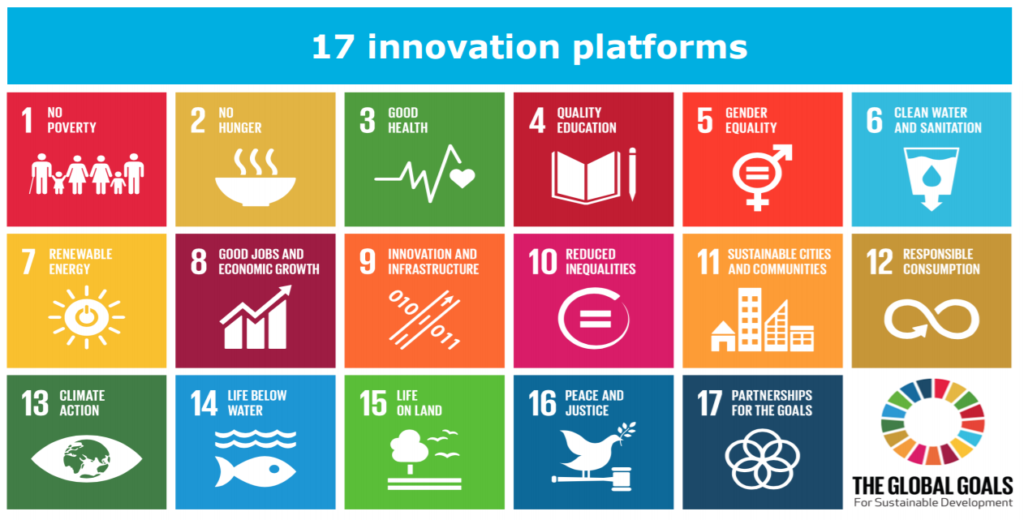
The SDG lapel pin shows your dedication to supporting the campaign, and each pin has 17 different colors, one for each SDG. Recently, in media and social media, the UN pin has been under attack from far-right politicians, among others. In Norway, arguing that the only right symbol to wear for our politicians at Stortinget is our national flag and that the UN pin symbols of Globalism and letting foreigners take over our country (!)
Bergensia – The Sustainable Gazette is a global media platform (website) that gives a voice to organizations and persons who can report progress and innovation towards the Sustainable Development Goals (SDGs) within science, political, economic, social/cultural, technological, or environmental. The site will “hipse” (lift) individuals and organizations who make a difference so they can inspire the rest of us. Further, the site will accumulate knowledge and become an archive to go to for the best sustainable development practices.
Paid content with “eternal life” and reaching thousands of sustainability-conscious readers every month.
Relevant quality stories will “live” for 24-60 months, attracting new readers each month. You also get to audit your advertorials at a premium price to make them up to date, and you may have more than one post. With Bergensias advertorial staff, you can arrange so that you publish new relevant content each quarter at no extra cost except for time and materials (edit, photo, video, animation, etc.)
The Sustainable Gazette Bergensia.com was born out of the social-democratic political model of Norway and other Scandinavian countries. Our fees are, therefore, related to the economic capacity of your organization.
Our story about the PODBIKE is our most popular Advertorial. Almost 4300 people have read the article.
We can arrange a sensible agreement: http://bergensia.com/advertorials/

When planning to start Bergensia in November 2016, I did not foresee how the American election would play a central role in what Bergensia would write about. However, with a pathological liar and a Russian fraud as the 45th American president, Bergensia took a more political direction than first intended; Ingjald Pilskog at Bjerknes Centre for Climate Research seemed to foresee this in his article: Politics: the forgotten climate driver.
The danger of autocratic, nepotism, ego-driven, and self-serving corrupt politicians can nowhere better be seen in handling the coronavirus pandemic; look only at the deadly regimes of Donald Trump, Bolsonaro, Boris Johnson, and Putin.
Let us hope some nations take lessons from the epidemic and how we may build a different, more equal, and sustainable society in the aftermath.
And what if the rise of fascism we now see may be triggered by climate change?
https://bergensia.com/could-climate-change-fuel-the-rise-of-right-wing-nationalism/
What’s in our 1100 article archives?
https://bergensia.com/only-after-mats-was-dead-did-the-parents-understand-the-value-of-his-gaming/
https://bergensia.com/kiss-the-ground-the-climate-movie-that-leaves-you-feeling-hope-and-optimism/
https://bergensia.com/to-stop-biodiversity-collapse-humanity-must-reconcile-with-nature/
This hilarious article on how the British people look at Trump is, in fact, the second most-read article and the most shared one, with more than 5,500 shares. One could say that humor trumps serious climate reporting. On the other hand, humor says a lot about what concerns most people, like Trump and Brexit. [OK – I will also give you the most viral article on Bergensia, which, of course, also features Trump, and of course, if we’re to avoid another Trump in the future, this book might come in handy: A Child’s First Book of Trump]
The Norwegian Government, led by Prime Minister Erna Solberg, is embarrassed regarding concrete results on CO2 emission reduction, even though Erna Solberg is a grand figurehead at the UN. Her coalition government has barely held together with its ever-changing Minister of Justice.
Bergensia has not covered the 17 UN Sustainable Development Goals (SDGs) equally and probably will not do so in the coming months. Renewable energy has been one of the main issues, as it is understood to hold the key to making progress on most of the other goals. However, nature cannot always take a toll on our thirst for more energy. We are facing a loss of biodiversity and natural habitations never like before since humans sat feet on this planet. We must be able to simultaneously carry two thoughts in our heads as we plan for a sustainable future. Renewable energy will, therefore, have to come second after preserving nature. Unfortunately, Prime Minister Erna Solberg and her Government seem to disagree, making Norway a Petrocracy, an oil company with its own country rather than a country with a state-owned petroleum company:
In 2017, my daughter Sol, then 15, had her working week at school at Bergensia, whom I am very proud of. In fact, she is my hero and role model. She was very concerned with the plastic littering of the oceans. Together, we wrote a Whale’s Tale about the whale that had just been stranded with its stomach full of plastic just outside our hometown, Bergen, on the west coast of Norway. Greta Thunberg is the same age as my daughter, and her #FridaysforFuture movement is extensively covered on Bergensia.
Another political issue that became important to cover was the historic trial: The People vs. Arctic Oil, in which Green Peace and Natur og Ungdom sued the Norwegian Government for opening the Arctic to exploration within only weeks of Erna Solberg signing the Paris Agreement. This is seen by many as hypocrisy. Norway is the world’s number 8 largest oil-exporting nation and is far from meeting its target of a 40% reduction in CO2 emissions. In the report One Year Closer, you can read about “Norway’s progress towards the implementation of the 2030 Agenda for Sustainable Development” – or rather lack of progress except for a lot of words . . .
(except for words on oil and gas )
https://www.regjeringen.no/globalassets/departementene/ud/vedlegg/utvikling/one-year-closer.pdf
What we eat is of the essence, also when it comes to the health of our blue planet. This is the most important matter you as an individual may consider impacting climate change. #MeatlessMonday
At Bergensia, we will search for more individual lifehacks that each and every one of us can make to make a difference. To follow Greta’s example and stop flying is another way of making an impact. Her inspiration may be the sole reason why the Swedes already fly 10% less since she started her #fridayforfuture movement. #flyskam #staygrounded

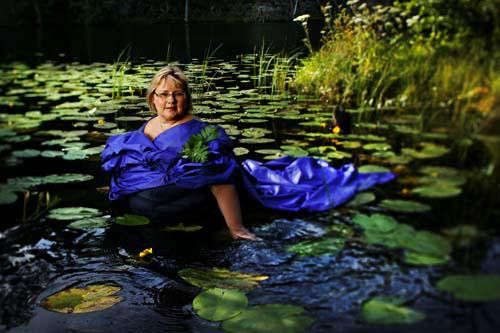
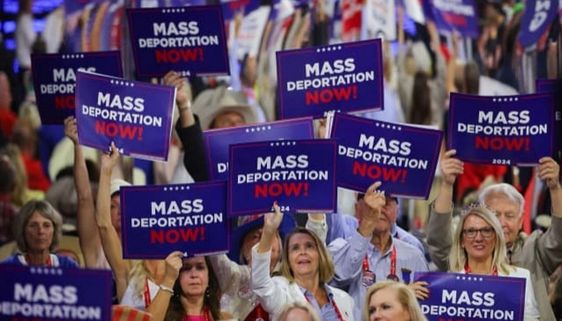

1 Comment
Pingback: warm winter coffee shop